China'seducation industry is constantly innovating with the growing demand for diversified educational services. Among them are the issue of curriculum reduction and the issue of extra teaching and learning.
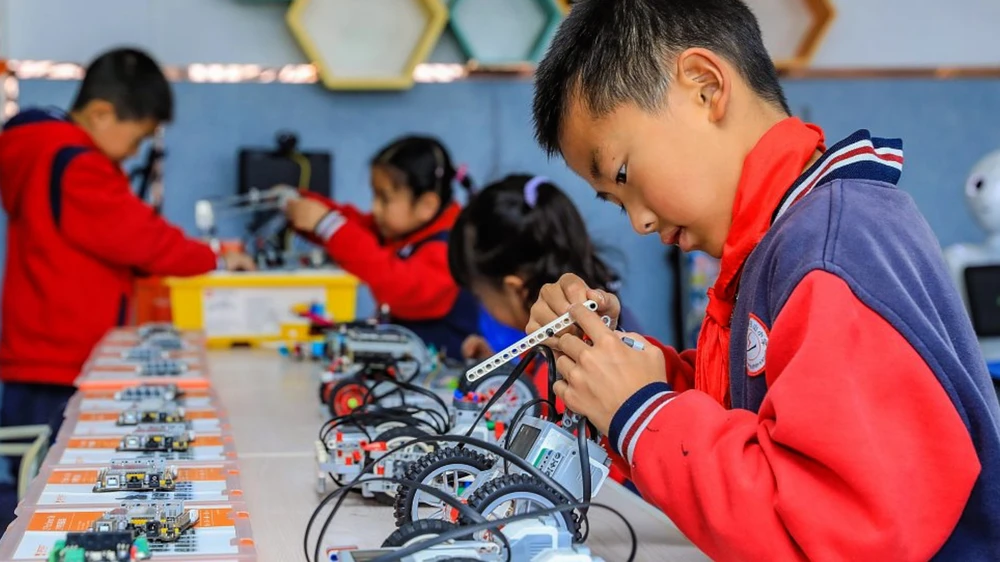
China will promote balanced, high-quality development and increase urban-rural integration in its nine-year compulsory education system, allocate education resources according to population size and ensure children can enroll in nearby schools, according to the Ministry of Education.
China has the world’s largest state education system, with 293 million students and 18.8 million teachers in over 518,500 primary schools as of 2022. Of these, nine years of compulsory education (six years of primary school and three years of middle school) are an important prerequisite for the education sector. With this high demand, the Chinese education market is one of the most lucrative sectors for global investors.
According to the China Education Market Report, the country’s education market is estimated to reach $572.51 billion (4.09 trillion yuan) in 2023, growing at a CAGR of 11.3% from 2018 to 2023. In July 2021, the Chinese government imposed sweeping controls on the private tutoring sector, banning tutors from running for-profit classes to teach subjects in the school curriculum. The policy, known as “shuangjian” (double reduction), aims to limit homework and after-school tutoring, in order to reduce the financial burden on families and the workload on students.
Ma Zhiwu, a member of the Standing Committee of the National People's Congress and deputy director of the Standing Committee of the Jiangxi Provincial People's Congress, said the double reduction policy reflects the non-profit nature of compulsory education.
However, Mr. Ma said that there are still many problems in implementing the policy, such as the standards and progress in various regulations of local governments, as well as private tutoring establishments wanting to continue operating when regulations are gradually loosened. Many tutoring companies have faced financial difficulties and bankruptcy.
Many question the effectiveness of the tutoring ban given the exam system, in which high schools and colleges still recruit students largely on the basis of test scores. Getting into an elite university often means a better chance of landing a good job in the competitive Chinese job market. With the pressure of exam preparation still in place, parents still see the need for after-school tutoring to keep their children from falling behind.
Faced with high demand and a lucrative market, some companies have quietly resumed private tutoring services. As a result, the for-profit tutoring industry has transformed into an underground market, with agents and tutors coordinating privately with parents through WeChat groups or private platforms.
Recognizing this, China’s Ministry of Education released a draft regulation for the after-school tutoring industry on February 8. The 20-article draft is open for public comment until March 8, marking the first comprehensive national guidance on the field.
KHANH MINH
Source



![[Photo] Journalists moved to tears at the Memorial Service for the soldiers who died in Gac Ma](https://vphoto.vietnam.vn/thumb/1200x675/vietnam/resource/IMAGE/2025/5/30/9454613a55c54c16bf8c0efa51883456)
![[Photo] Prime Minister Pham Minh Chinh attends the event "Digital transformation of the banking industry by 2025"](https://vphoto.vietnam.vn/thumb/1200x675/vietnam/resource/IMAGE/2025/5/29/0e34cc7261d74e26b7f87cadff763eae)

![[Photo] A delegation of 100 journalists from the Vietnam Journalists Association visits the soldiers and people of Truong Sa island district.](https://vphoto.vietnam.vn/thumb/1200x675/vietnam/resource/IMAGE/2025/5/30/0984a986227d4e988177f560d2e1563e)






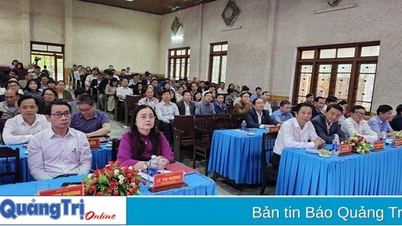
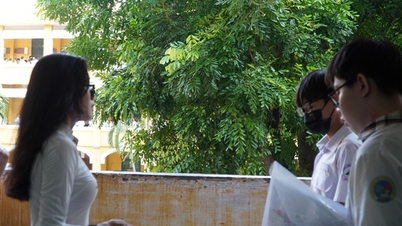



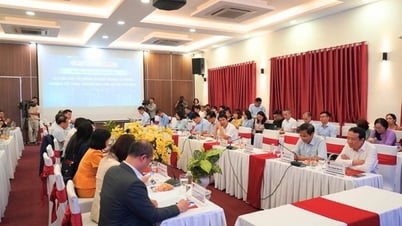

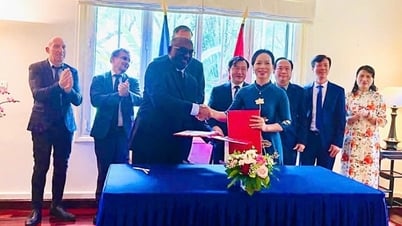

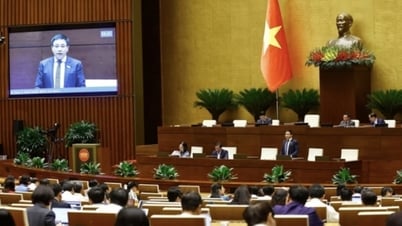






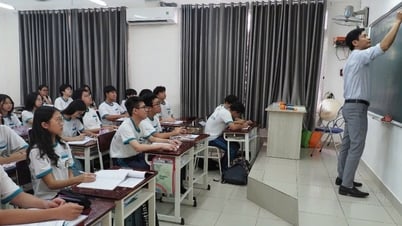

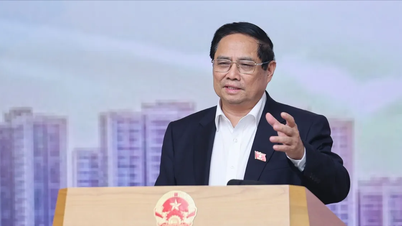


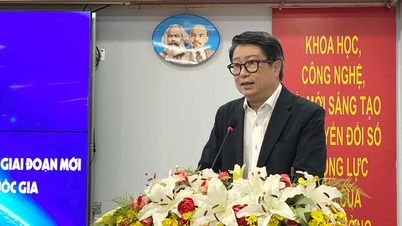




















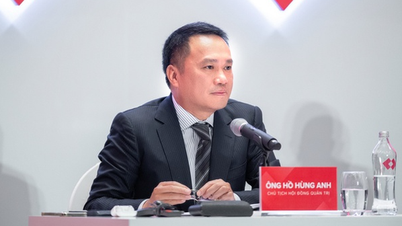


























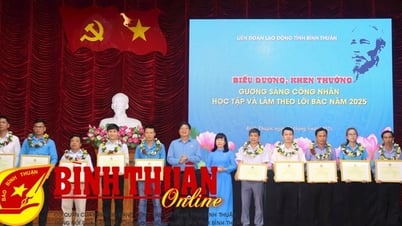



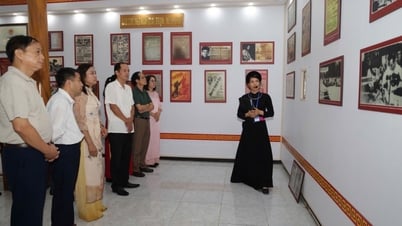







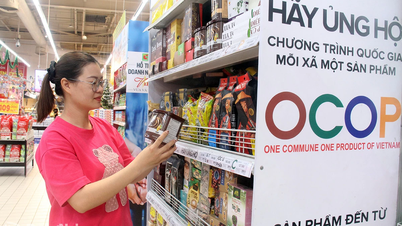








Comment (0)